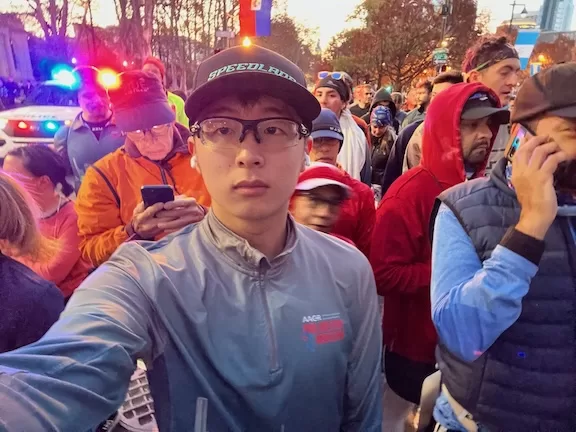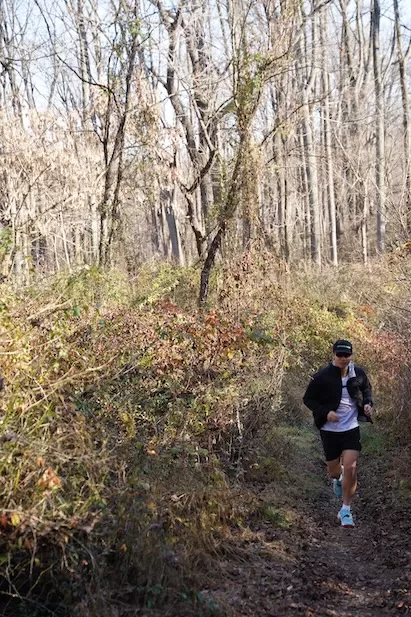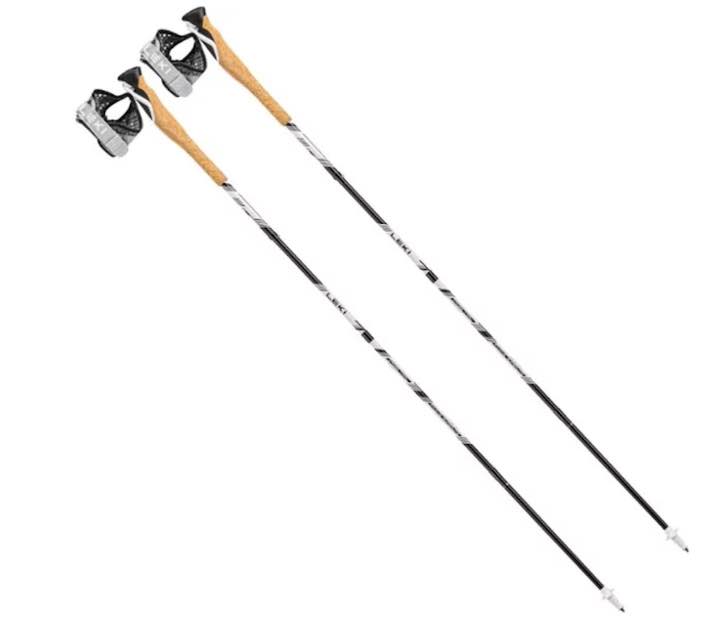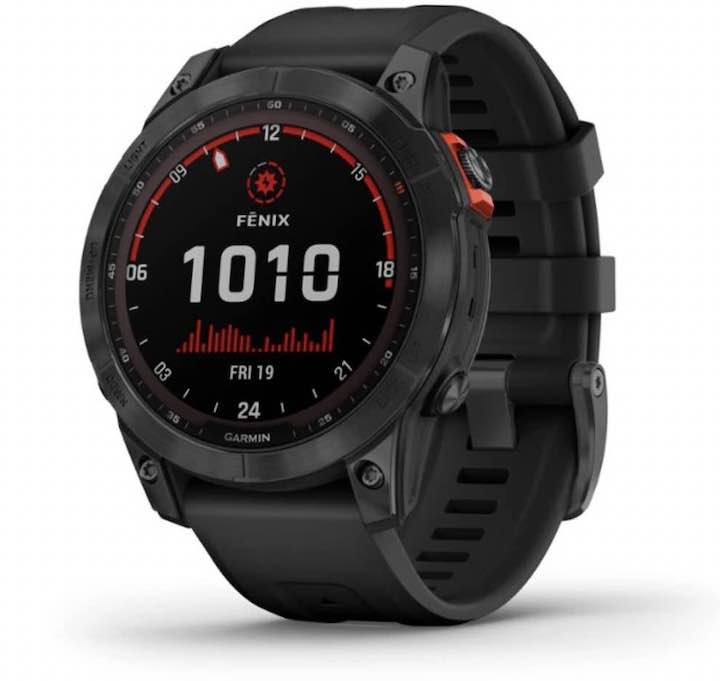Philadelphia Marathon Musings: Reflections on Hope, Will, and Running

Written By: Howard Wang 11/26/23
Philadelphia Marathon
During the drive back from the Philadelphia Marathon, a debate emerged among my teammates about the value of hope. I found myself skeptical, questioning the effectiveness of hope as a guiding force. Cohen championed hope as essential for motivation, while I argued for a more pragmatic approach, emphasizing action and realistic planning over reliance on hope. Joshua, notably silent, seemed to ponder both perspectives. It’s often a comforting illusion used to create momentum, rather than a solid foundation for dealing with life’s realities.
It was 6:58 AM, just outside the Philadelphia Museum of Art. The air was crisp, and a sense of anticipation hung heavy. As the national anthem began, a wave of solemnity washed over the crowd. I stood there, hat in hand, feeling a chill that seemed deeper than just the morning air. It was a moment of profound unity, yet I couldn’t shake off a sense of being an outsider. In the midst of this, I was still queued for the bag check.
At 7:00 AM, the starting gun pierced the morning calm, and the marathon officially began. My heart raced with nervous energy – I had missed the start. By 7:06 AM, I had stowed my bag but was hindered by an urgent need to use the restroom. The long lines made waiting impractical, so I opted for a nearby tree, a moment of primal urgency.
By 7:13 AM, I found myself at the starting line, engulfed in a sea of anticipation yet conspicuously alone, as the bulk of runners had already vanished into the distance. The challenge ahead was daunting – I was not just running a marathon; I was in a race against the tide of participants ahead of me. My goal was singular and consuming: catch up with as many runners as possible. This singular focus became my driving force, each stride a small victory in a larger battle against time and space.
As the marathon unfolded, and especially at the turn around point at 9:20 AM, with less than a quarter of the race remaining, an unexpected sensation of hope emerged. It was as if this hope was not my own, but a predetermined chapter in the marathon’s narrative. Despite the strain on every muscle, a relentless force pushed me onward, erasing the distinction between voluntary effort and involuntary reaction.
In setting this goal of relentless pursuit, I paradoxically found a form of freedom within my self-imposed prison. My entire being was focused on overtaking one runner after another, liberating me from the existential questioning of why I was running in the first place. In this pursuit, the physical act of running transcended itself, becoming a metaphor for my approach to life’s challenges: relentless, focused, and in the moment. In a strange way, the narrowing of my world to the track ahead offered a unique kind of freedom, where the usual burdens of choice and purpose were replaced by the pure, unadulterated act of moving forward.
This feeling extended beyond the mere physicality of running. It mirrored my daily routines and the semblance of control they offer. On the surface, these routines appear to be the result of conscious decisions, a testament to willpower and discipline. Yet, in the throes of the marathon, I questioned this. It felt less like exercising free will and more like succumbing to an ingrained pattern, a predestined path that I was compelled to follow. The pain and exertion were tangible, yet my response to them seemed almost preordained, challenging notions of autonomy and the very concept of free will.
For a long time, the virtue of delaying gratification has been emphasized, and running is often portrayed as the ideal sport embodying this principle. Many claim that running is life-changing, but I find this notion to be overstated. The reality that is frequently overlooked is that running doesn’t erase your problems; they remain, as persistent as ever. Engaging in running, or any sport for that matter, is more about choosing your form of struggle, picking your poison, rather than finding a miraculous solution to life’s challenges.

And as of hope, it is a dangerous concept; it elevates our expectations, fosters a belief in a better tomorrow, and diminishes the pain of yesterday, leading us into a false sense of optimism for a brighter future. But isn’t this merely wishful thinking? I yearn for something more tangible, something graspable, a reality I can hold onto and genuinely influence, rather than just an elusive and comforting notion.
As my friend dropped me off at Parrish Hall, I staggered towards the dorm, fighting the urge to vomit. Sifting through my bag in a state of exhaustion, I realized with a scent of irony that I had left my medal at the finish line. Perhaps this was a fitting conclusion to my marathon story, as if the race, in a symbolic sense, had never commenced.
This realization brought a strange sense of liberation. Despite the mechanical rigidity of the run, I felt something more profound within me. It was as if I were an angel trapped in a mechanical body, a spirit dwelling in the flesh of a beast, forever yearning for something beyond mere physical existence. Teetering on the edge of complete exhaustion, the pain became a vivid reminder of life coursing through my veins. It grounded me, made me acutely aware of my own vitality. In this moment of physicality, I found gratitude for the pain in my legs, an affirming connection to the very essence of being alive.






